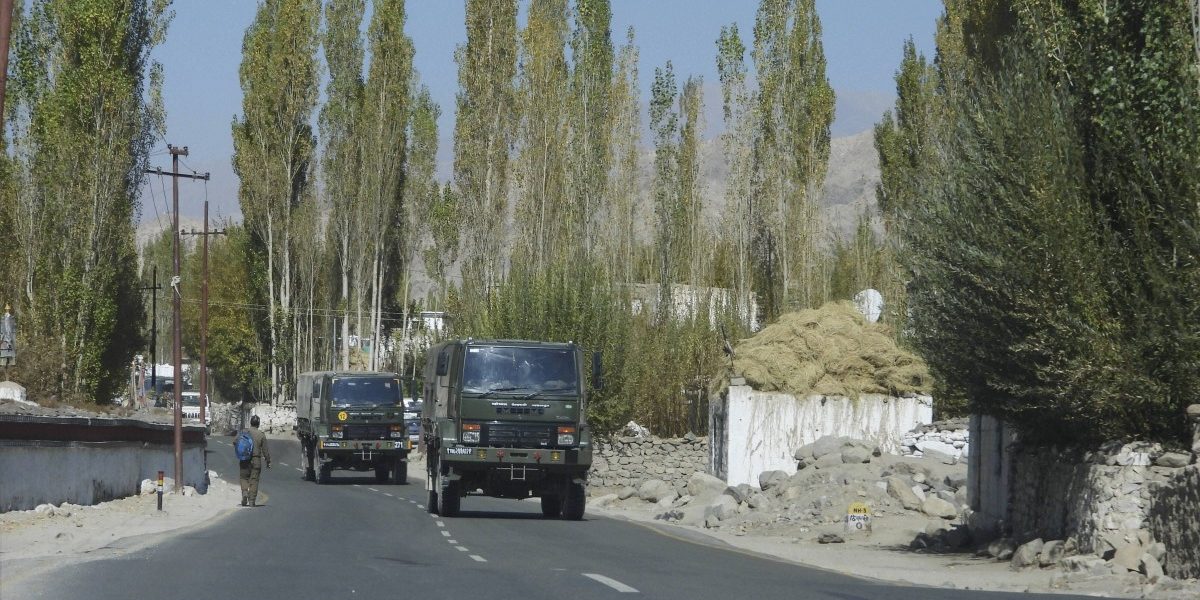New Delhi: India on Thursday reiterated that China’s large-scale deployment of troops at the border and unilaterally changing the status quo was the reason for the military stand-off, which has yet to be resolved even after a year.
“It is well recognised that it has been the Chinese actions over the last year, including amassing of a large number of troops close to border areas in the western sector, and trying to unilaterally alter the status quo along the Line of Actual Control (LAC), which have seriously disturbed peace and tranquillity in the border areas,” said Ministry of External Affairs (MEA) spokesperson Arindam Bagchi.
He asserted that China’s actions violated bilateral border agreements that obliged both sides to keep “their military forces in the areas along the LAC to a minimum level”.
India’s statement through the MEA came in response to the Chinese foreign ministry describing military deployment as a “normal” arrangement and putting the blame squarely on India.
Since May 2020, the militaries of the two Asian giants have been at a stand-off in eastern Ladakh over multiple friction points, which had flared up fatally in June 2020, leaving over 20 Indian soldiers dead.
Since then, multiple rounds of military and diplomatic talks have led to disengagement at both the banks of the Pangong Tso lake. However, there is still no sign of withdrawal from the other stand-off points of Hot Springs and Gogra post, and Depsang Plains.
With the snow thawing in the upper reaches, there has been anxiety that there may be a replication of the confrontation last summer. This has led to the Indian establishment increasing the pressure on Beijing to show some movement on the stand-off, despite China insisting that the priority should be to improve the broader bilateral relationship.
There has also been a slew of media reports saying that China was upgrading its combat capability along the border with India.
At the Qatar economic forum on Tuesday, Indian external affairs minister S. Jaishankar said that “close up deployments still continue, especially in Ladakh”. He noted that this was one of two significant issues thrown up through the stand-off. “The issue there is whether China will live up to the written commitments which are made about both countries not deploying a large armed force at the border”.
The second ‘issue’, Jaishankar noted, was whether the two sides could build a relationship “on the basis of mutual sensitivity, mutual respect and mutual interest”.
The Chinese foreign ministry spokesperson Zhao Lijian responded in Beijing by saying that the fault lay with India. “China’s military deployment along the western section of the China-India border is a normal defense arrangement aimed at preventing and responding to encroachment and threat on China’s territory by relevant country. For a long time, the Indian side has been increasing its military deployment along the China-India border and encroaching on China’s territory. This is the root cause of tension along the China-India border,” he said on Wednesday.
A day later, it was the turn of India’s MEA to react at the weekly media briefing on Thursday.
































